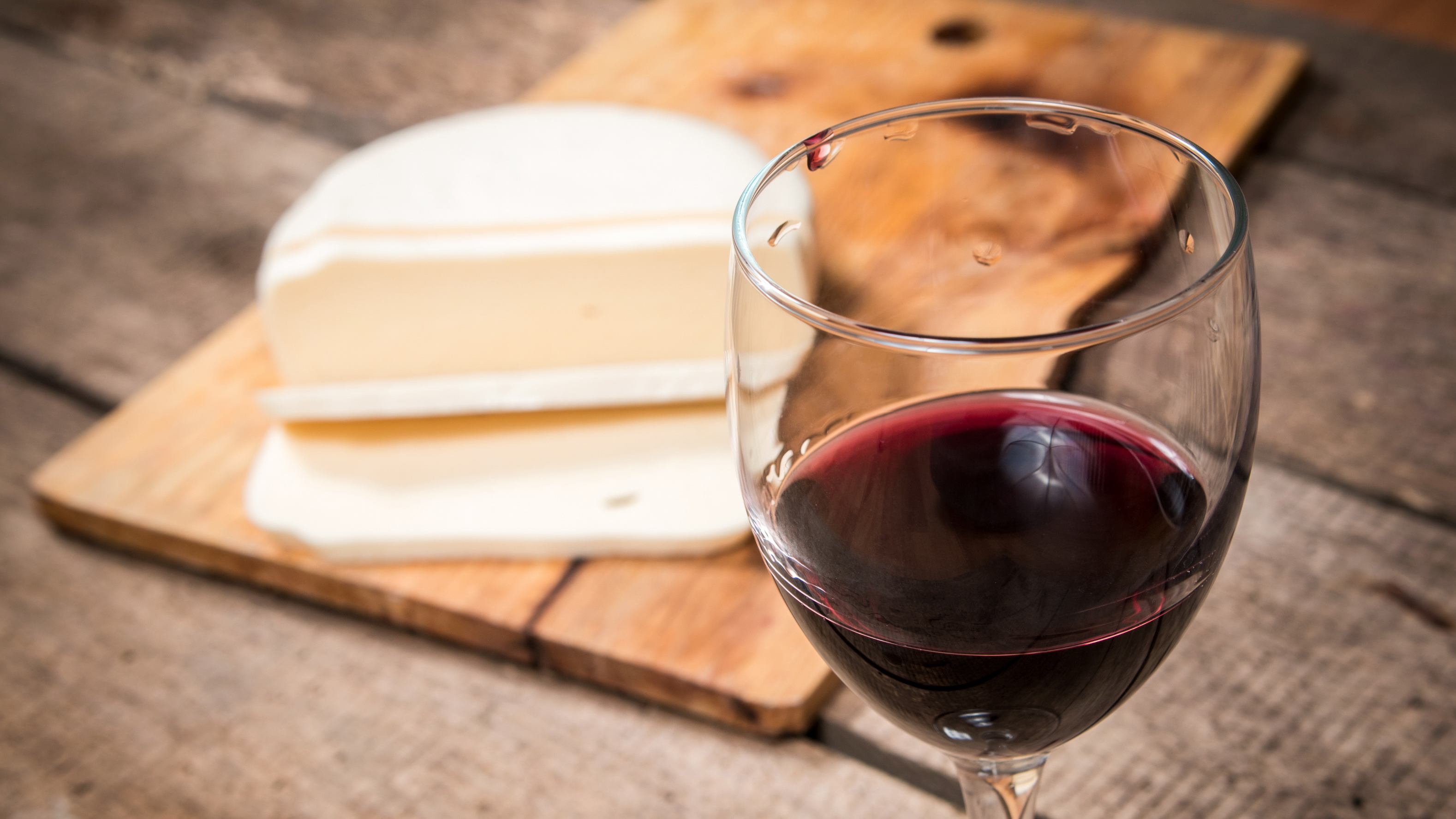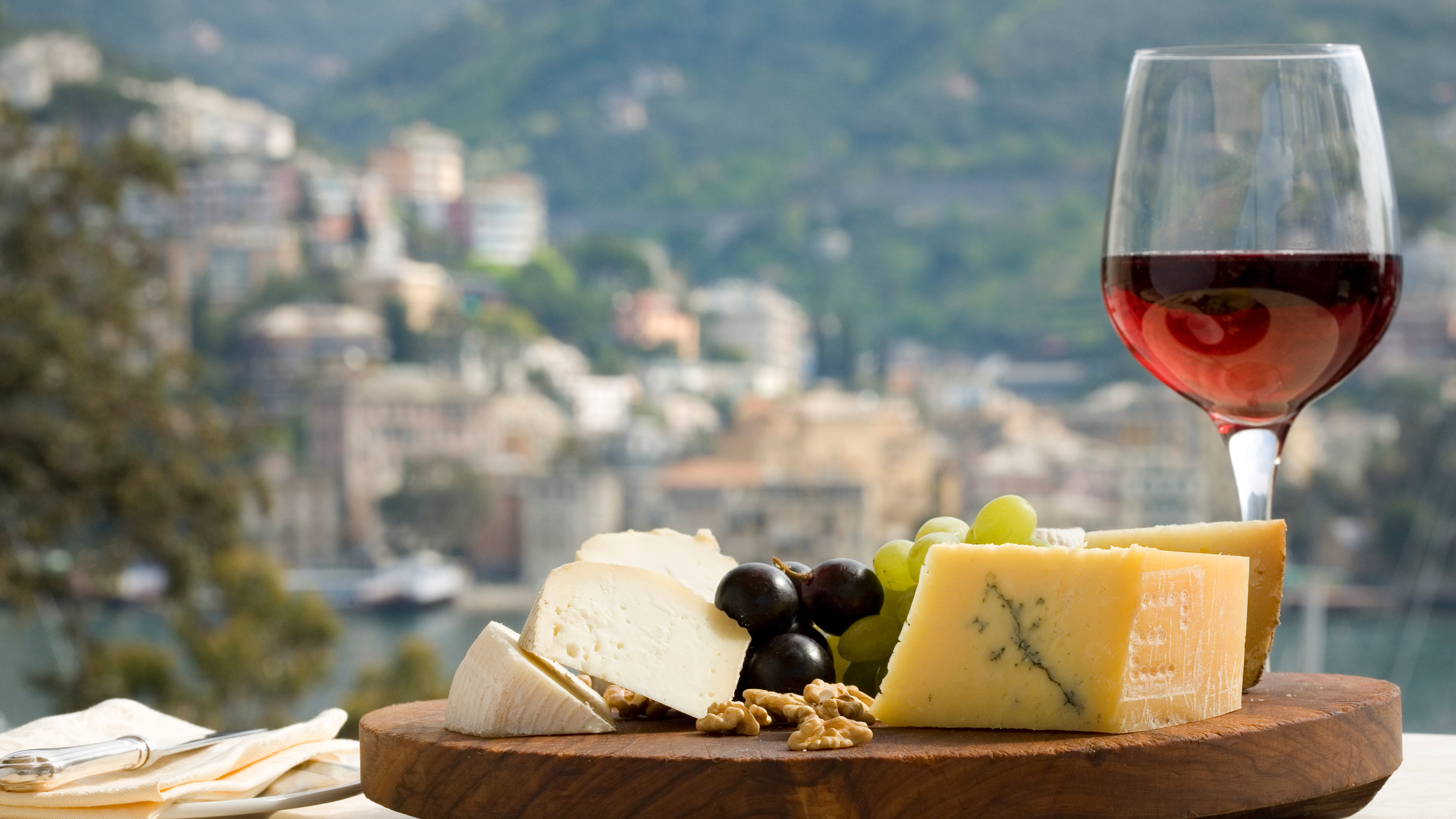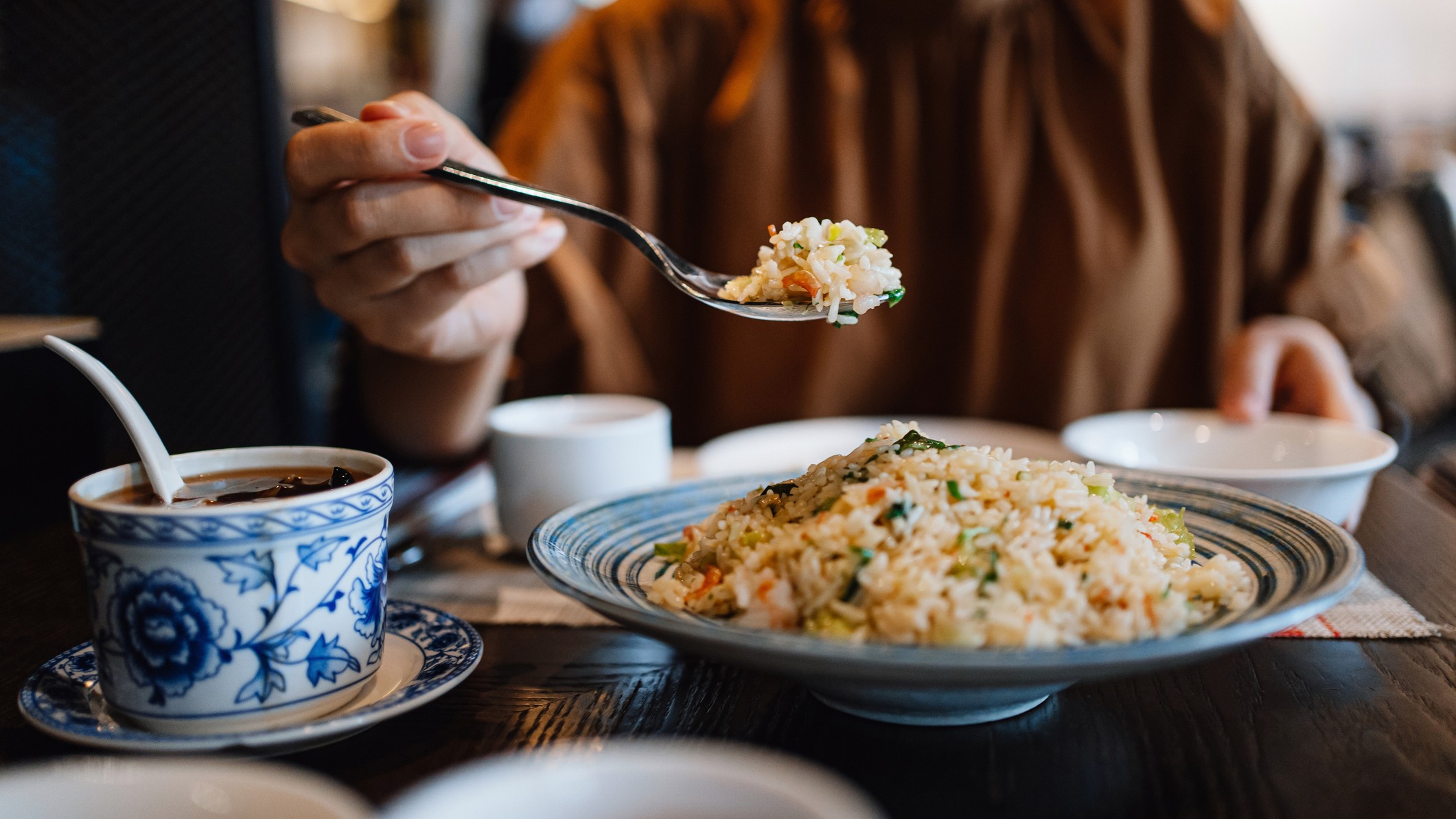Healthy eating: Why cheese and red wine are good for your brain
A new study has found eating cheese and drinking red wine (in moderation, of course) can keep your brain sharp


If you like some of the finer things in life, you might be no stranger to a glass of red wine and a selection of cheeses. Of course, like a lot of treats, wine and cheese are very much a guilty pleasure.
We know wine is full of calories from the sugar in addition to being alcohol, which acts as a diuretic, damaging our liver and skin. It's not going to compete with a smoothie from one of our best blenders in the "healthy drinks" category. Likewise, cheese is stuffed with calories and cholesterol, so both these treats – in excess – are very obviously bad for us. It'll require a good deal more than our best exercises for weight loss to offset regular binging.
However, a new study has shown in moderation, regular consumption of cheese and wine can actually benefit our brains, helping to prevent the cognitive decline that can lead to conditions such as dementia.
The study, conducted by researchers at Iowa State University, sought to connect the consumption of specific foods to later-in-life cognitive acuity. By study 1,617 aging adults and quizzing them on their food habits, in addition to conducting cognitive tests, the researchers found the following:
- Cheese was shown to be the most protective food against age-related cognitive problems, even late into life when signs of dementia commonly appear.
- One glass of red wine a day was related to a cognitive boost.
- Weekly consumption of lamb (but strangely, not other red meats) was shown to improve your brainpower long-term.
- Excessive consumption of salt is bad, but only individuals already at risk for Alzheimer's need to keep an eye on their intake.

Principal investigator Auriel Willette said: "I was pleasantly surprised that our results suggest that responsibly eating cheese and drinking red wine daily are not just good for helping us cope with our current COVID-19 pandemic, but perhaps also dealing with an increasingly complex world that never seems to slow down."
Of course, as we mentioned earlier, both of these brain-protecting foods are still guilty pleasures, so "moderation" is the key here. Over-indulging on red wine and cheese with abandon will likely create health problems irrespective of how sharp your crossword skills might be in your old age.
Planning these treats into your diet can actually be good for your long-term healthy eating goals, too, as they can make you feel less deprived. One study, jointly published by researchers from Portugal and the Netherlands, found planned deviations from your diet is more likely to prevent you from embarking on "bad food binges".
Get the Fit&Well Newsletter
Start your week with achievable workout ideas, health tips and wellbeing advice in your inbox.
Planning this deviation in advance contributes to a mostly healthy, well-rounded diet which happens to include a little bit of what you fancy. Our portion size guide can also help prevent binging.
You're only human: cut yourself a little slack (and a slice of cheese) now and again. Planning for it in advance will help keep you on the straight and narrow while protecting your brain health.
Matt Evans is an experienced health and fitness journalist and is currently Fitness and Wellbeing Editor at TechRadar, covering all things exercise and nutrition on Fit&Well's tech-focused sister site. Matt originally discovered exercise through martial arts: he holds a black belt in Karate and remains a keen runner, gym-goer, and infrequent yogi. His top fitness tip? Stretch.
-
 Do your gut a favor with this dietitian's gut-friendly veggie-filled fried rice recipe
Do your gut a favor with this dietitian's gut-friendly veggie-filled fried rice recipeKeep your tummy happy with this flavorful twist on a favorite
By Lou Mudge
-
 I’m a personal trainer and these are some of my favourite exercises to build core and upper body strength at home
I’m a personal trainer and these are some of my favourite exercises to build core and upper body strength at homeAll you need is a set of dumbbells for this kneeling workout
By Maddy Biddulph